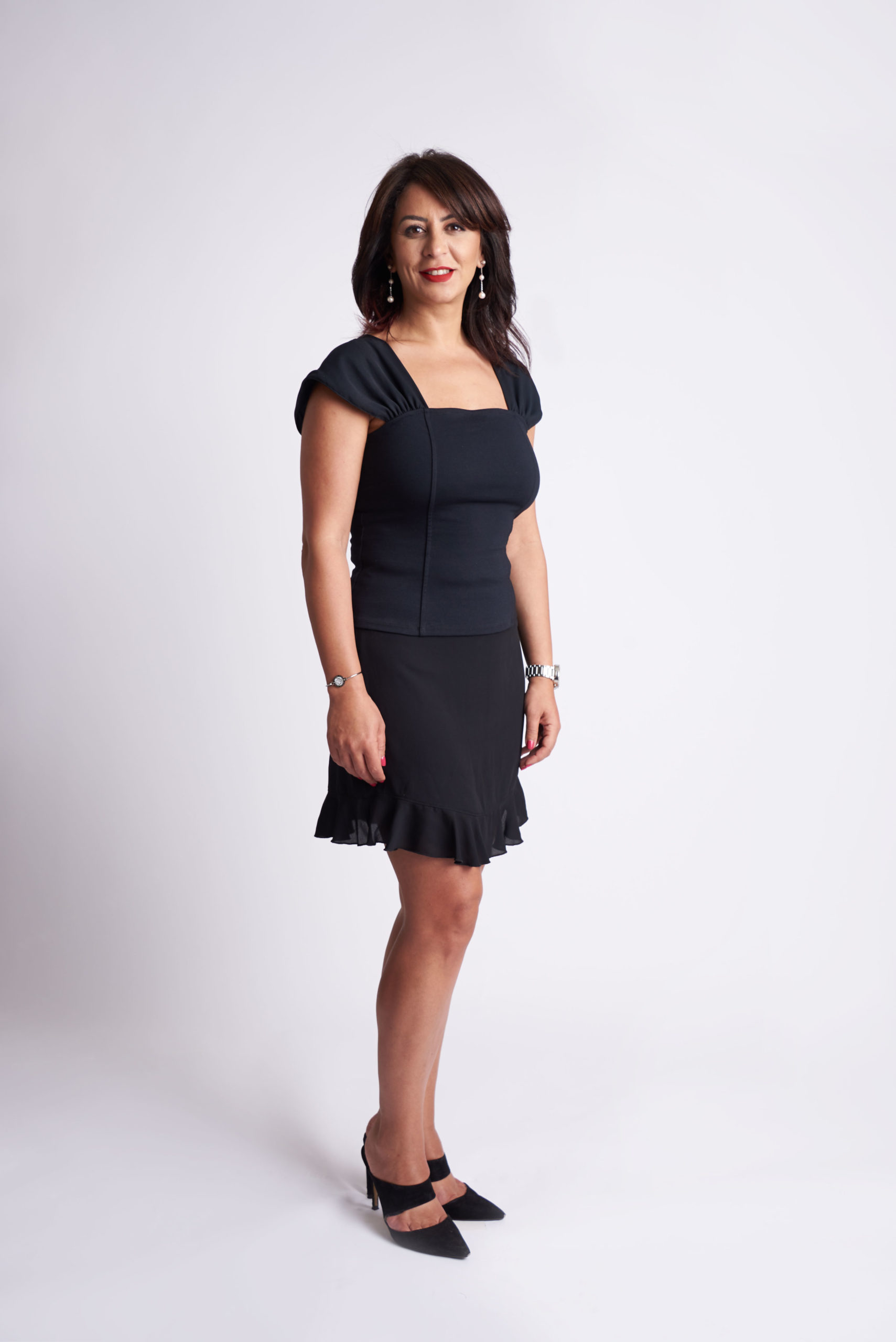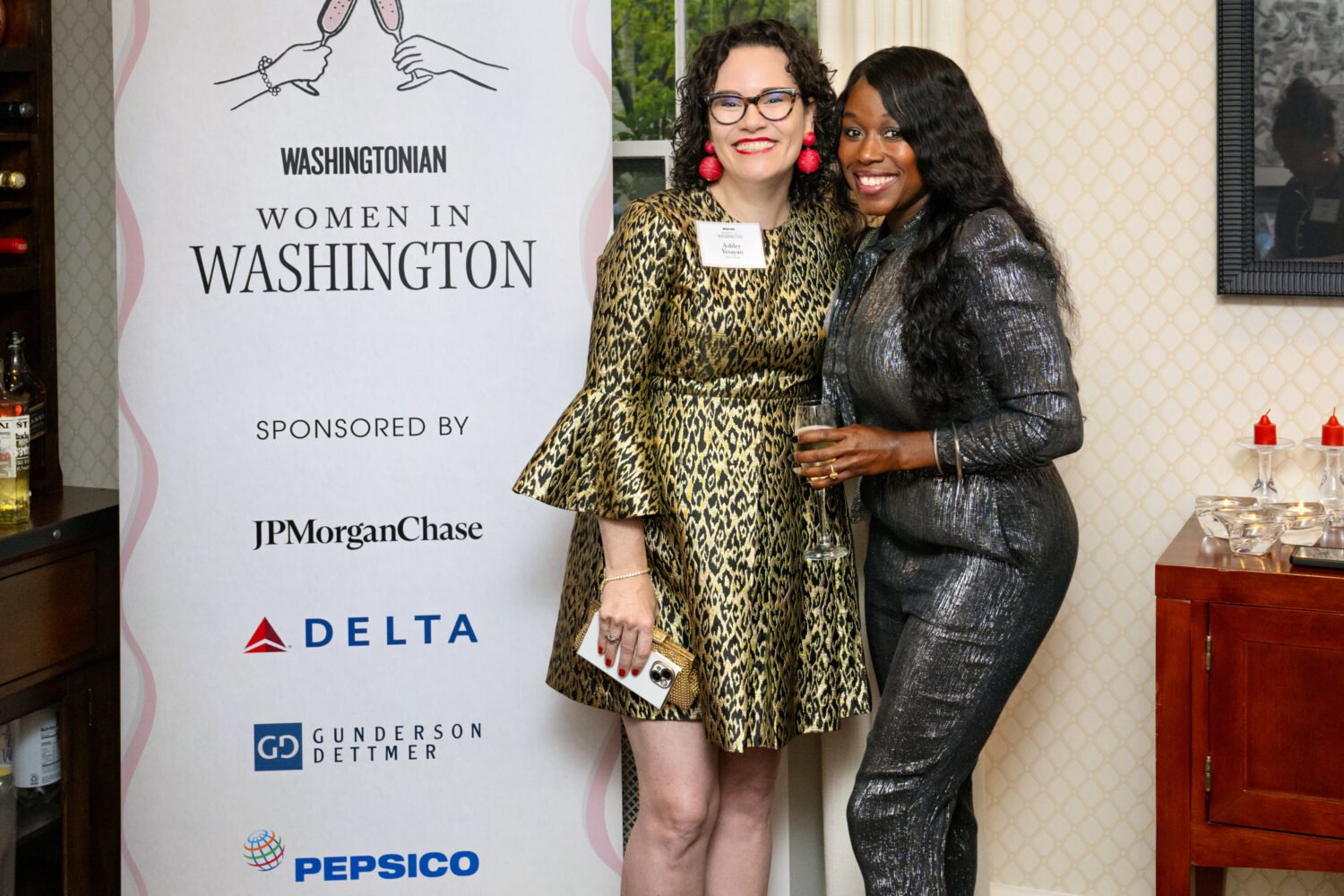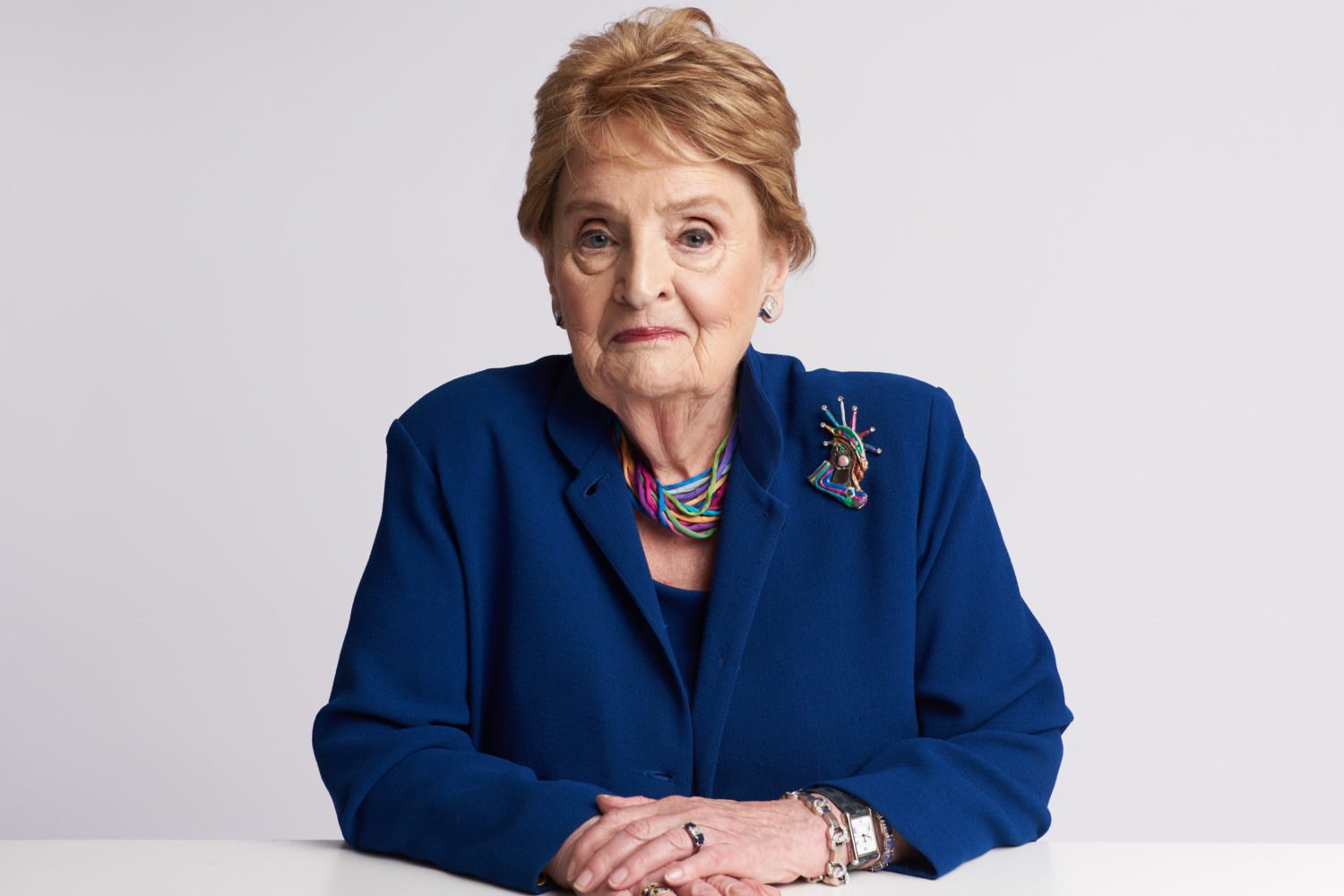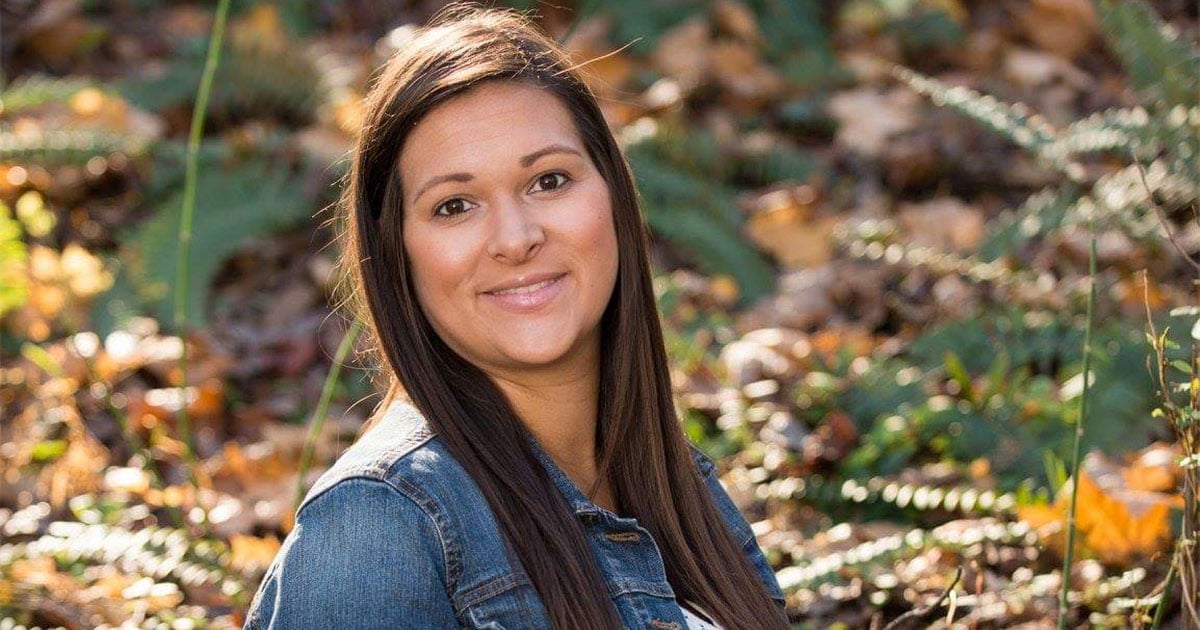Egyptian scholar Nancy Okail fled her homeland for the US, leaving behind her family, when she was prosecuted for her pro-democracy work after the 2011 revolution.
“I found out over Twitter that I’d been indicted by the government. As director of the Egypt office for the US-based human-rights group Freedom House, I was harassed, threatened, and, once the trial began, held in a cage in the courtroom. I insisted on continuing my work, so the government stepped up the threats until it became unbearable and I had to leave. I packed one suitcase—I didn’t even take my twins, who were three at the time. More than a year later, I was sentenced in absentia to five years in prison. That’s when I finally broke down. I thought, That’s it. I’m here. At least if I’m here, my kids can visit me. So I had to start a life here from literally nothing at all.
“My husband and I divorced during this time, so I had lost everything. I’d paid such a high price for my beliefs that I wanted to at least make it worthwhile. So I helped found the Tahrir Institute for Middle East Policy. The think tank now has a staff of 14, with a second office in Brussels. One thing I’m especially proud of is that 70 percent of the leadership is women. The drive for freedom and justice has always been my compass, and it’s the only way I can deal with the heartbreak of living in the margins of my family’s life.
This story is part of Washingtonian‘s feature “What It’s Like to Be a Woman in Washington.” For more:
[su_posts id=”862395″ order=”desc” ignore_sticky_posts=”yes”]
“My kids come every summer, and they are different people each time. We have horrible moments at the airport saying goodbye, and it breaks my heart each time one says, ‘Mommy, I miss you.’ When my mom died, I couldn’t even go to the funeral. My father died a year later. When he was in the ICU, I thought, I’m going back! I’ll see him once and then go to prison. But I realized I’d be jailed as soon as I landed. I still haven’t processed it all. I can only tell this story very mechanically because I’ve numbed my emotions. Two years ago, when my kids were eight, I decided to finally tell them why I was here. I had always talked to them about human rights, but I’d been scared to burden them. The first thing they said was ‘Mommy, you’re a hero.’ That was amazing. The next morning, my daughter woke up and said, ‘Mommy, I have an idea. If I become Egypt’s president, can I bring you back?’ I told her that would be wonderful, but I’d like to go back earlier than that.
“Last December, after an appeal and retrial, I was finally acquitted. But I don’t have an Egyptian passport anymore, and the kind of work I do isn’t welcomed in my homeland. Of course I want to be with my kids, but I don’t want to be a liability. Perhaps my children will live with me here one day. Or perhaps I will be able to go back. I cannot plan for the future because planning means hope. But I still keep a packed bag in my apartment.”
This article appears in the October 2019 issue of Washingtonian.
















